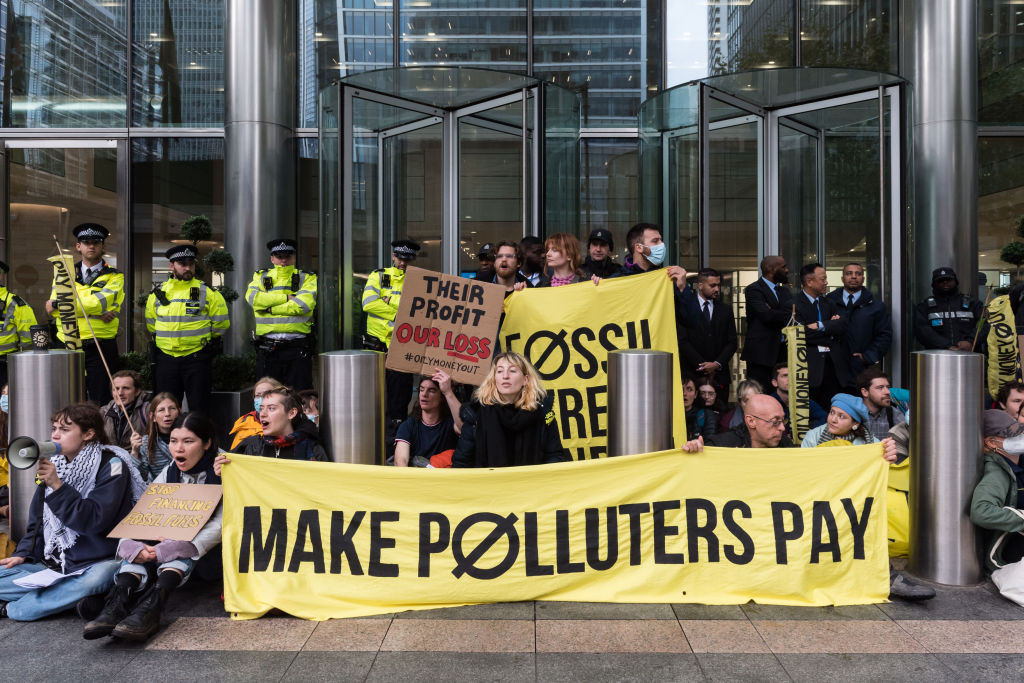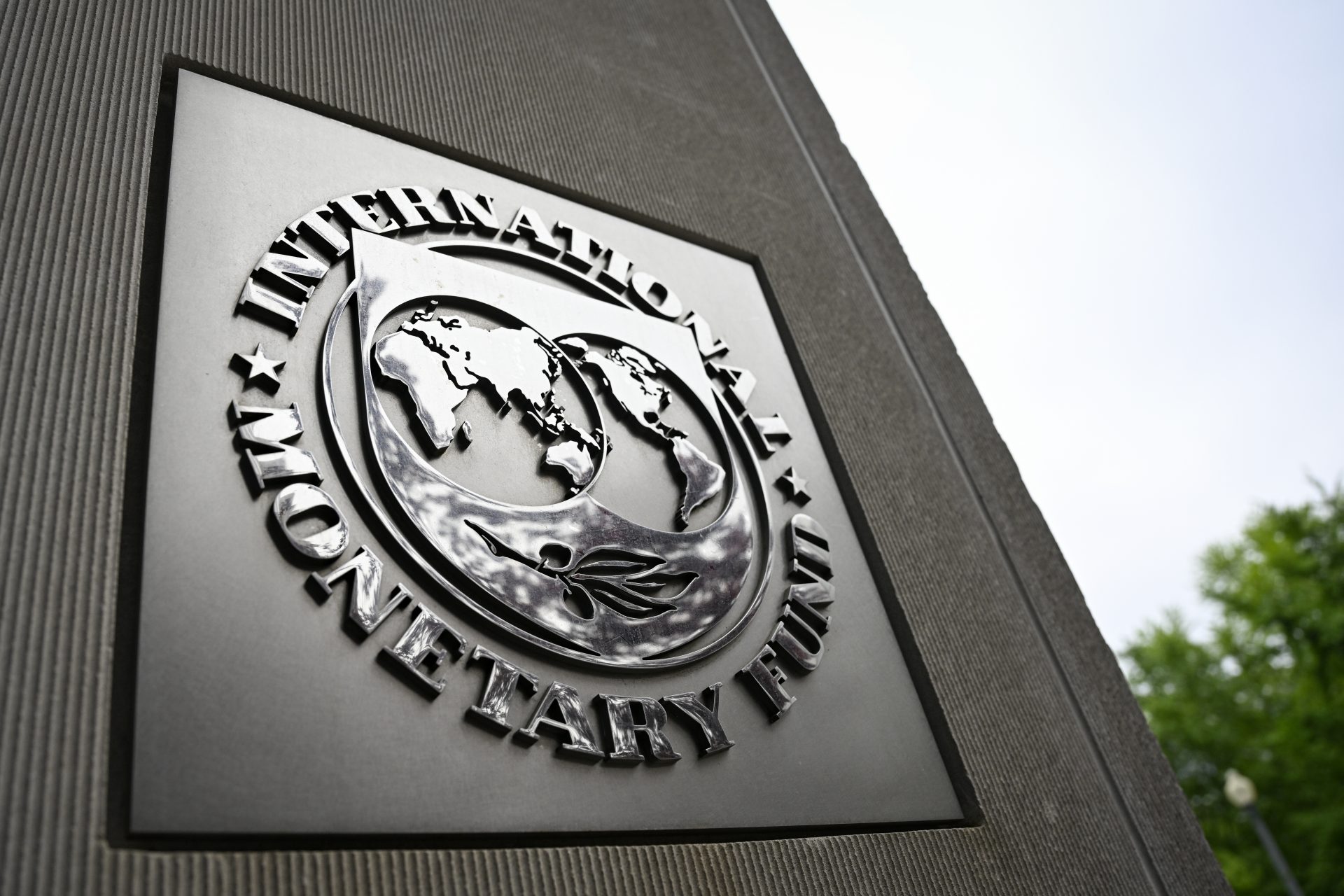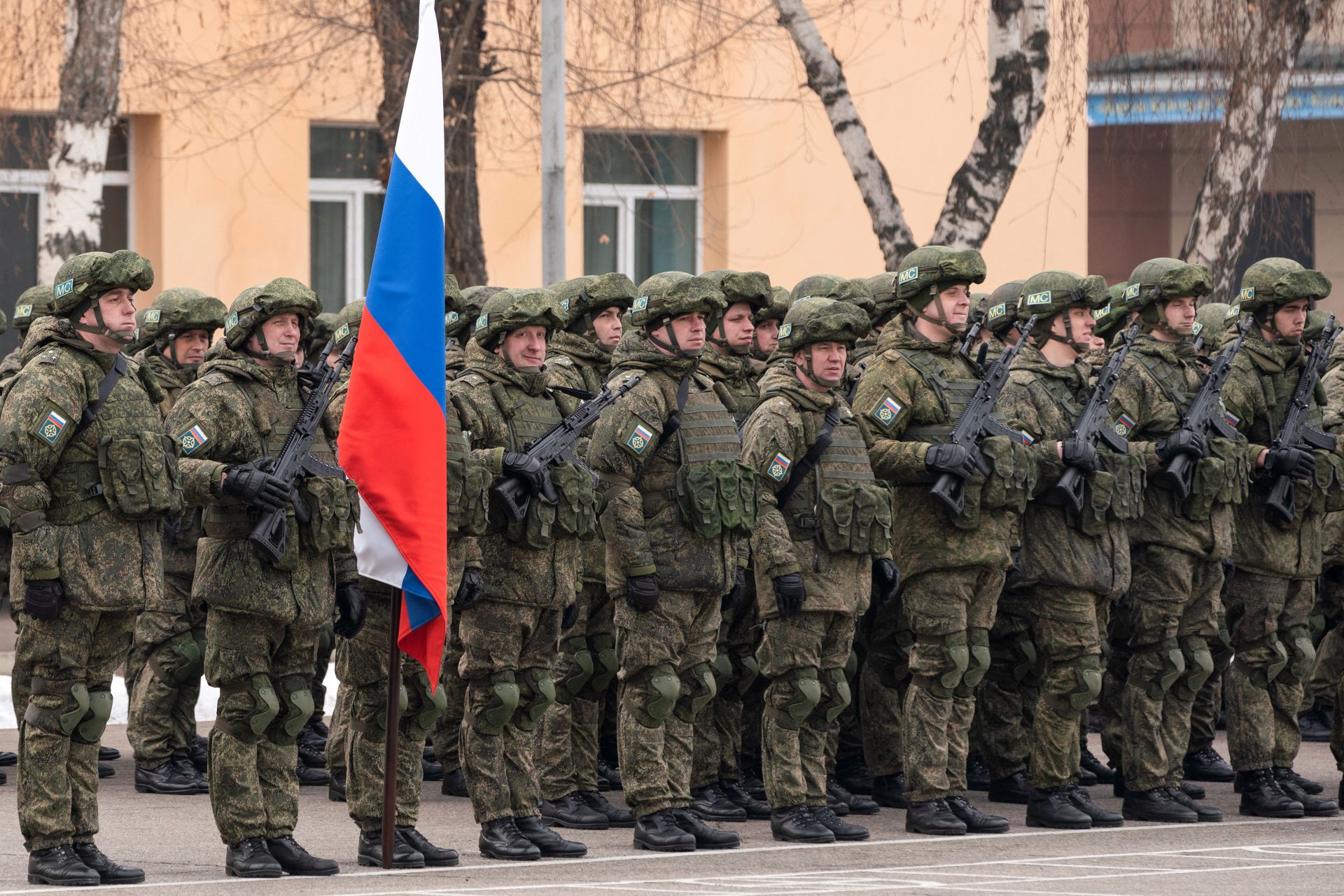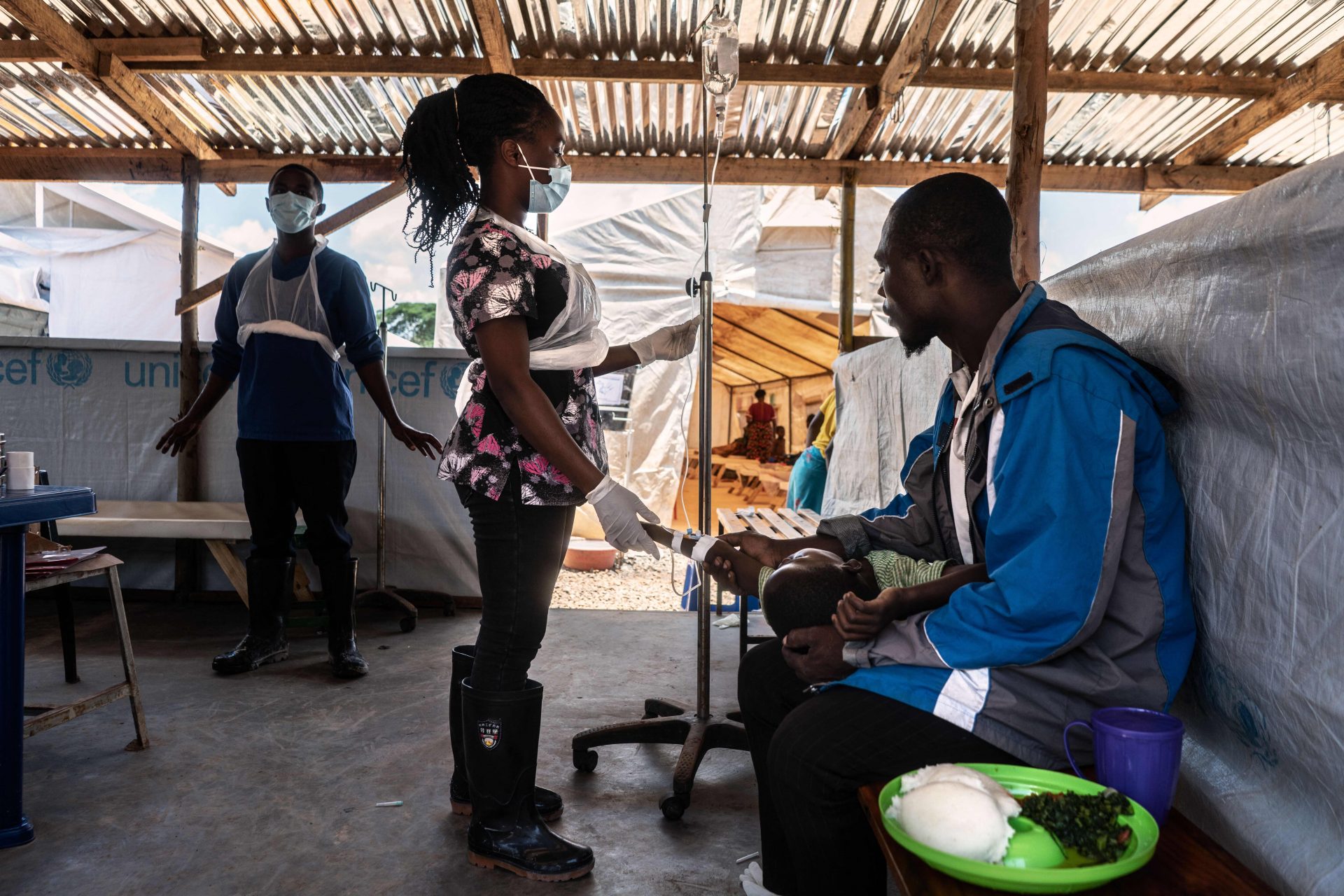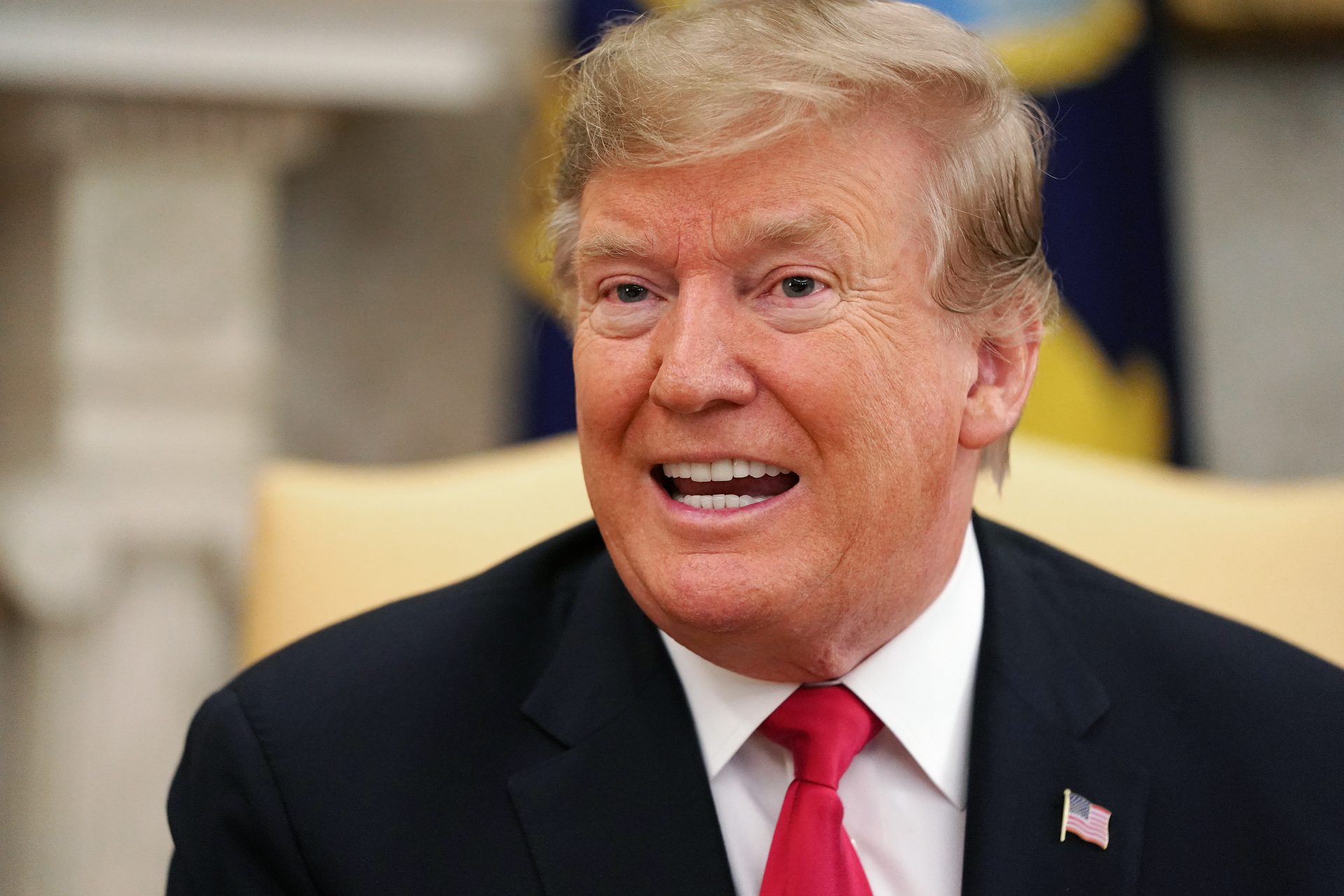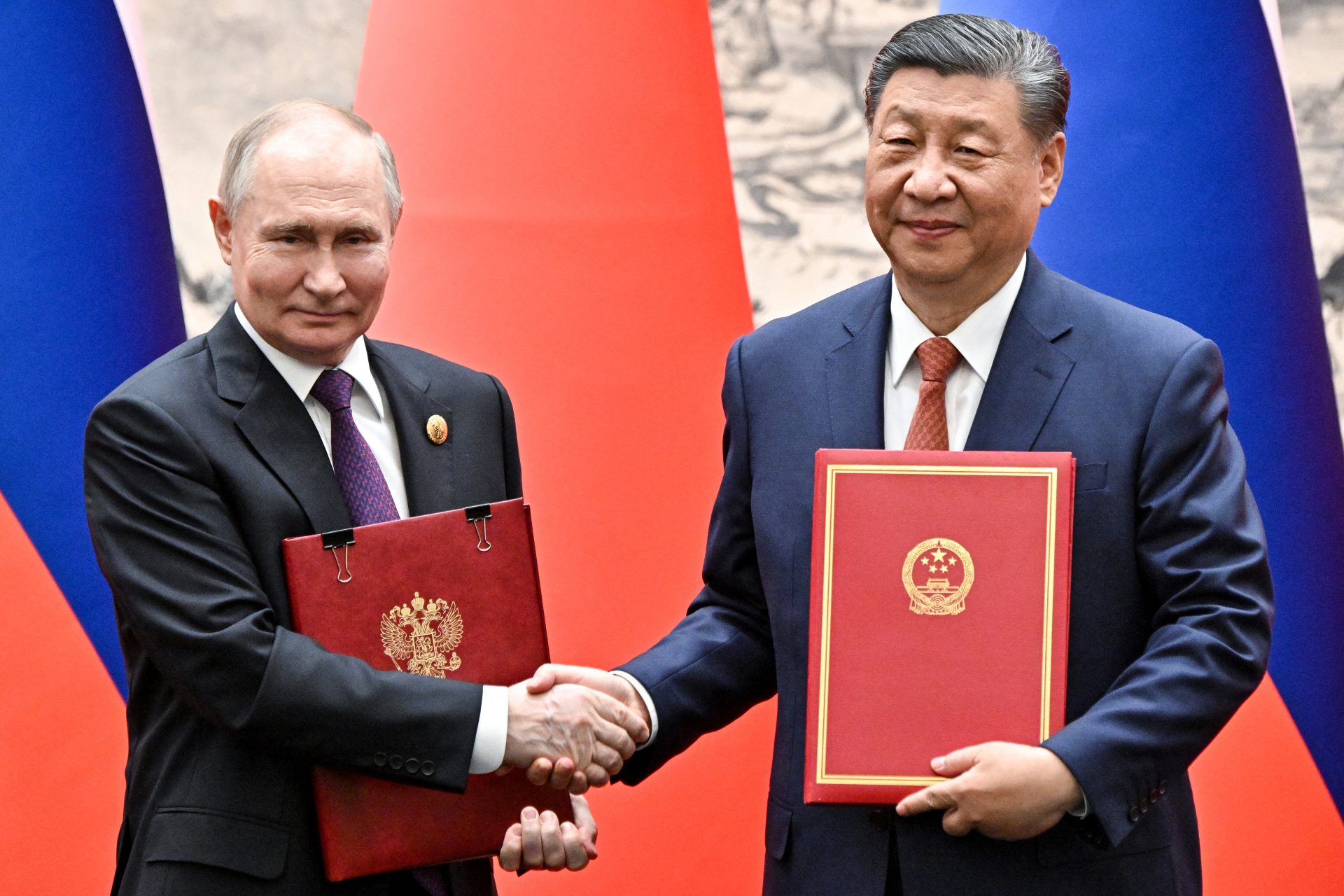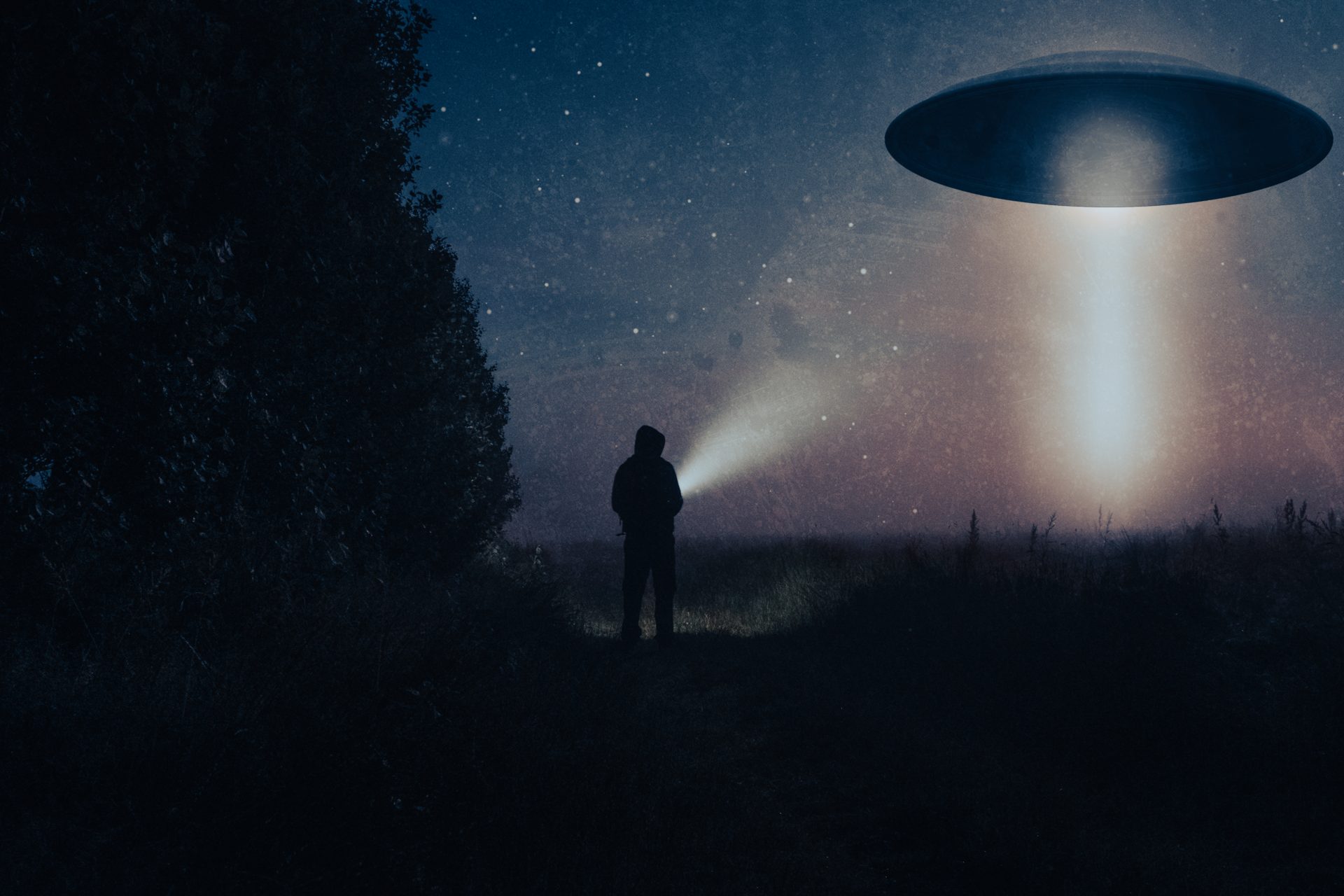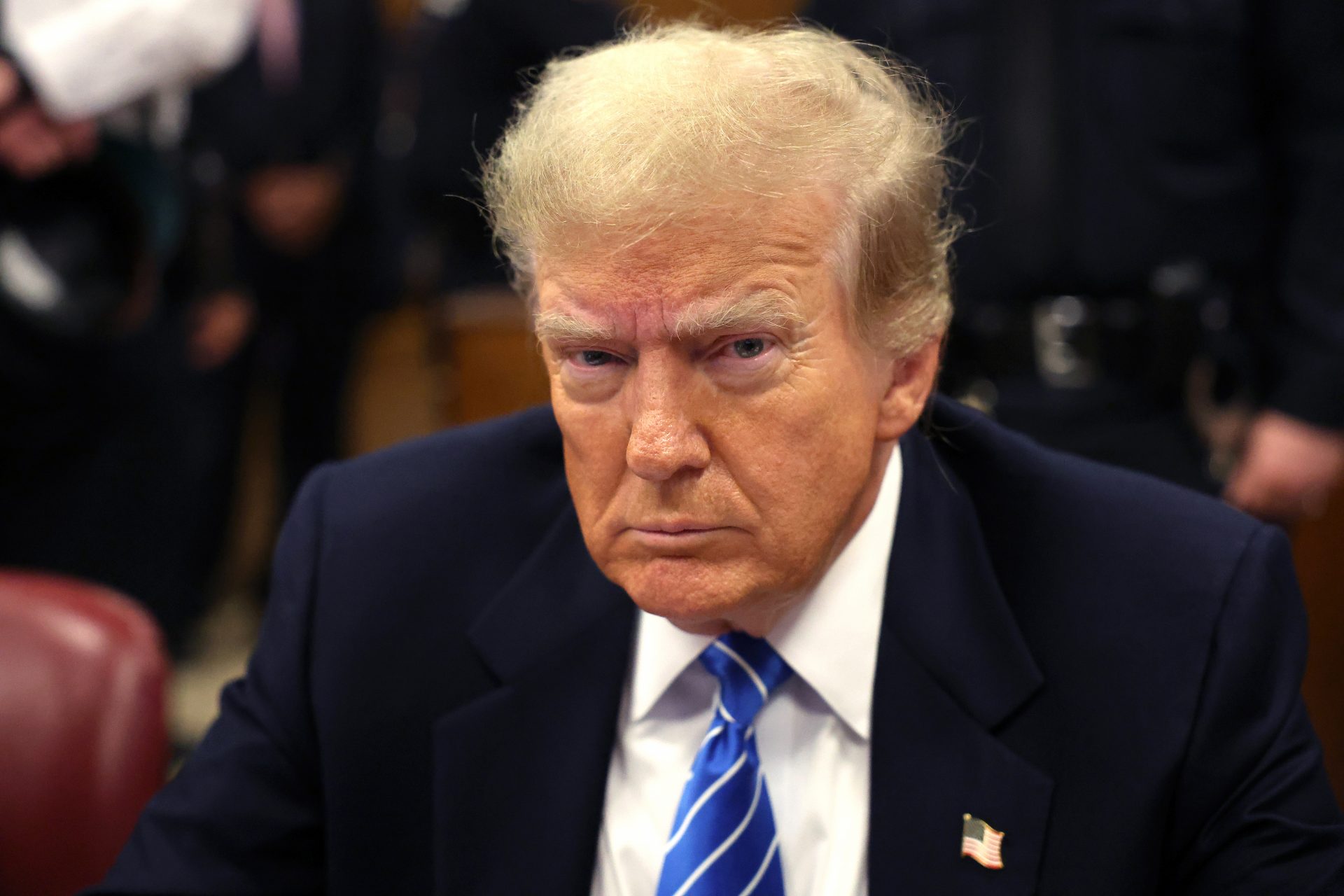Environmental activists may actually be risking their lives
The fight against the destruction of nature is a dangerous one. Around the globe, people who dare to defend the environment, are actually risking their lives, numerous reports show.
Environmental reporters, for instance, continually face threats, harassment and murder.
According to Reporters Without Borders (RSF), an average of two environmental journalists are murdered every year.
The murders happen in relation to investigating deforestation, illegal mining, land seizures, pollution and other environmental impacts from industrial activities and major infrastructural construction projects, per RSF.
RSF registered, from 2015 to 2020, 53 violations of the right to cover the environment, such as murder attempts, threats and harassment, illegal imprisonment, kidnapping and more.
While abuses against environmental journalists occur in all of the world’s continents, 66% of those registered took place in Asia and the Americas, according to RSF.
When it comes to journalists who have been killed, suffered physical attacks, and journalists subjected to threats and prosecution, India holds the record. Almost all of these cases are linked to the country’s so-called “sand mafia.”
"There is a growing awareness globally that sand, after water, is the most precious natural resource and since it is limited in quantity, it is in great demand,” said Indian journalist Sandhya Ravishankar to RSF.
“When journalists report on such a precious commodity and put pressure on authorities to stop the mining of sand, it is a threat to many powerful industries and industrialists whose livelihoods depend on sand. This is the reason there is a lot of violence against journalists who report on illegal mining of sand”, stated Ravishankar.
"Environmental journalism has become considerably more dangerous than it was in the past, and I think much of that is intimately tied up with an increasing awareness of the environment's importance,” says Peter Schwartzstein, a specialist in environmental issues to RSF.
According to the organization Global Witness, In 2020, there were 227 lethal attacks worldwide (an average of more than four people a week) for activists and indigenous people defending their homes, land and livelihoods.
Image: Justin Porter/Unsplash
In Brazil and Peru, nearly three quarters of recorded attacks took place in the Amazon region of each country, according to Global Witness.
The latest incident in this region, being the murders of Indigenous activist Bruno Pereira and British journalist Dom Phillips in June, 2022, while investigating illegal fishing, poaching and mining gangs.
Violent crime is particularly prominent in areas of the rainforest where deforestation abounds: municipalities where deforestation rates are high have a rate of violent death that is 48% higher than in areas where deforestation is low, according to Foreign Affairs.
Global Witness also found that the Southern Hemisphere is suffering the most immediate consequences of global warming on all fronts, and in 2020 all but one of the 227 recorded killings of defenders took place in this part of the world. Of these attacks, over a third targeted indigenous people trying to protect their land.
Unsurprisingly, lawlessness in the Amazon spiked under Bolsonaro’s rule, increasing 9% in rural areas and 14% in small towns across the Amazon, per Foreign Affairs.
An Indigenous leader told The Guardian that under the Bolsonaro government “invaders” felt empowered, and added that gangs of illegal miners and hunters were “plundering” the region’s forests and rivers with impunity.
Luckily, Luiz Inácio Lula da Silva’s triumph in the Brazilian presidential election marks a new hope in the global politics of climate change.
In fact, deforestation in Brazil's Amazon rainforest fell 68% in April from the previous year, a major drop and win for Lula, Reuters reported.
As far as protecting environmentalists, the president signed a decree that bans mining and restricts commercial farming in six indigenous reserves.
One of the obstacles for Lula’s fight for the Amazon, experts say, is that half the Congress of Brazil is made up of members of the agribusiness caucus, which is against the environment and against indigenous and traditional communities’ rights and Lula will have to negotiate with them.
More for you
Top Stories



